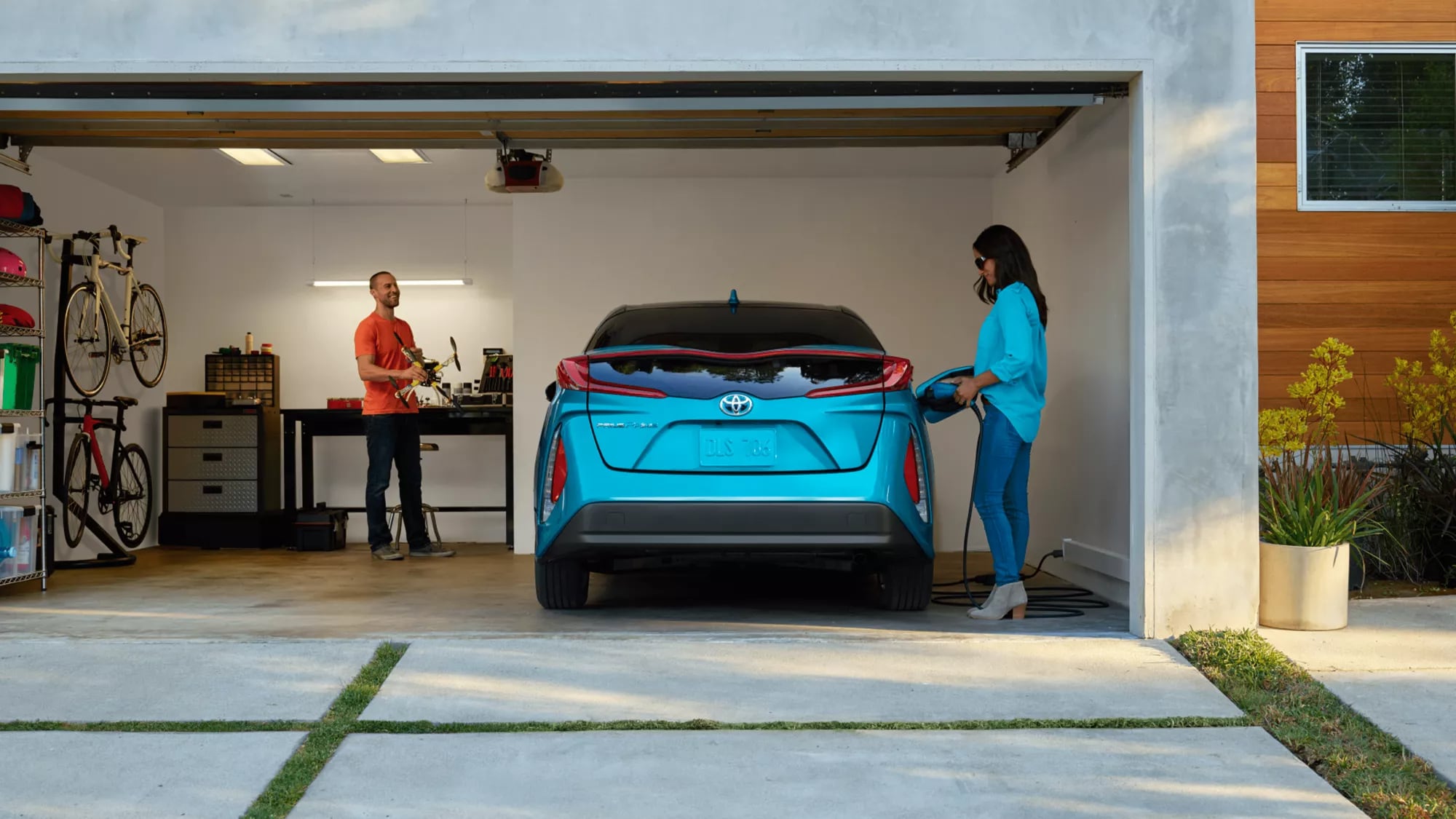
With gas prices on the rise, environmental issues top of mind, and traditional new-car prices higher than ever, it’s no secret why North Carolina drivers are turning to electric options to ease the cost and invest in something more economical.
We know that traditional cars use gas engines to power their systems. But how do electric cars work specifically? The first step is understanding the different types of electric Toyota cars.
Types of Electric Vehicles
Of course, there isn’t just one type of electric vehicle. There are three main types of electrified systems in new EVs these days. Read on to learn what’s what.
Hybrid Electric Cars
When electric vehicles first came on the market, hybrids were the most common setup. In a hybrid car, there is still a gasoline-powered engine. However, an additional electric motor assists the gas engine for an extra boost.
The electric motor is powered by a battery that’s passively charged through the engine, and sometimes regenerative braking. But the vehicle takes gas alone, and cannot be charged by an external electric source.
Plug-In Hybrid Electric Cars
Then came the PHEV, or the plug-in hybrid electric vehicle. These cars also utilize gas engines, but their electric motors and batteries tend to be larger. This is because the electrical system can also be charged through an external plug.
All-Electric Cars
With an all-electric car, the gas engine and tank are totally left behind. An all-electric system with one (or sometimes multiple) electric engine is powered by a large battery pack, which must be charged externally through an outside source.
If you’d like to learn more about the different types of electric Toyota cars on offer at Hall Toyota Elizabeth City, visit us today. Our dedicated staff would be happy to help you out!